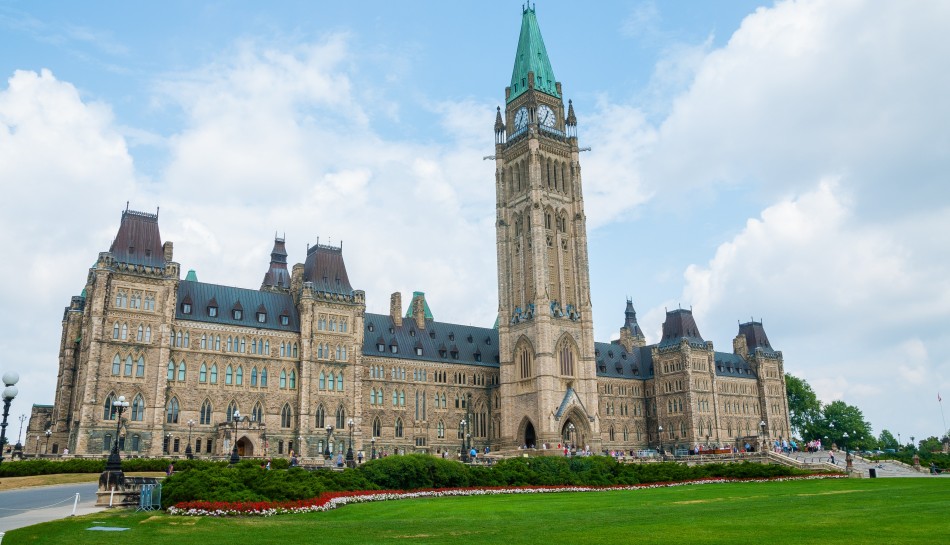Sean Fraser, Minister of Immigration, Refugees and Citizenship, visited Winnipeg today for an announcement regarding visa-free travel. Passport holders from 13 countries will now be able to travel to Canada by air without requiring a Temporary Residence Visa. However, this applies only to travellers from these countries who have either held a Canadian visa in the last 10 years or who currently hold a valid United States non-immigrant visa
Eligible travellers include passport holders from:
- Philippines
- Morocco
- Panama
- Antigua and Barbuda
- St Kitts and Nevis
- St Lucia
- St Vincent and Grenadines
- Trinidad and Tobago
- Argentina
- Costa Rica
- Uruguay
- Seychelles
- Thailand
Fraser says Immigration Refugees and Citizenship Canada (IRCC) has been working to make the pretravel screening process easier, faster, and more affordable. He says this decision will divert thousands of applications from Canada’s visa caseload, allowing IRCC to process visa applications more efficiently.
A similar pilot program was introduced in Brazil in 2017. The minister says that the program was successful in increasing visitors from Brazil by 40% and reducing the caseload in IRCC’s Sao Paulo office by 60%, freeing IRCC officers to work on more complex applications.
Visa-free travel to Canada
There are more than 50 countries that can enter Canada without a visa, although most require an Electronic Travel Authorization (eTA) if they are arriving by air.
United States citizens do not require an eTA or a visa to enter Canada unless they are moving to Canada to work or study.
Nationals of countries that are not exempt from obtaining a visa, must apply for a Temporary Residence Visa (TRV), also known as a visitor visa.
A TRV allows an individual to visit Canada for a period of six months (although this may differ for some foreign nationals).
Arriving in Canada with a TRV does not give the holder permission to work or study in Canada and they may be asked to demonstrate that the purpose of their visit to Canada is only temporary (such as tourism or visiting family) at their port of entry.
IRCC is currently working through a backlog of TRV applications. The latest backlog data from IRCC shows that 50% of TRV applications are not being processed within service standards, which is 14 days.
Minister Fraser has said TRV applications were impacted by the recent strike by the Public Service Alliance of Canada. The 12-day strike lasted from April 19 until May 1 and Fraser told reporters that there were 100,000 applications not processed during that period that otherwise would have been. He also said that he expects IRCC will be able to catch up to pre-pandemic processing standards within the coming weeks, or a few months.
















